Arms companies promoting brands in UK schools
Weapons manufacturers spending millions of pounds a year on the pretext of inspiring young engineers
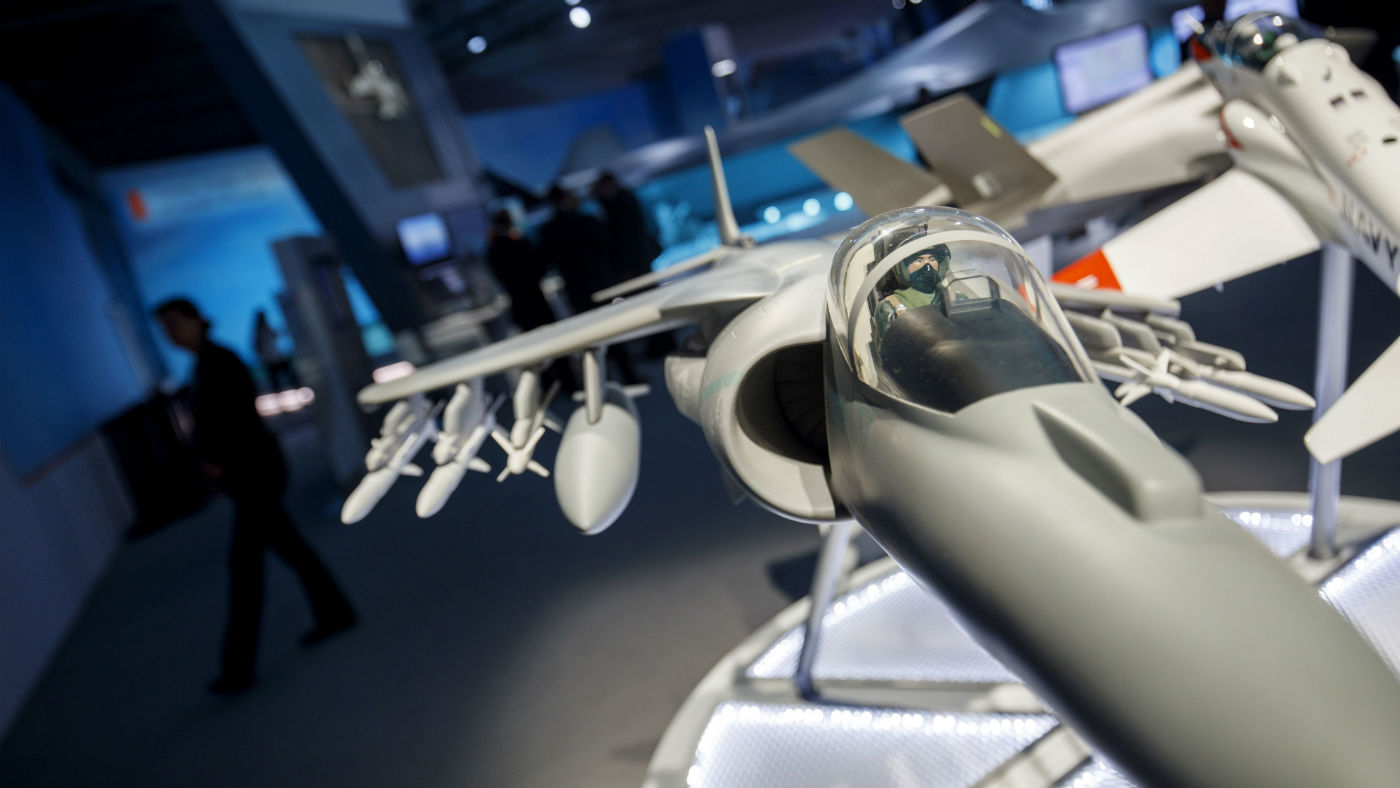
A free daily email with the biggest news stories of the day – and the best features from TheWeek.com
You are now subscribed
Your newsletter sign-up was successful
Some of the world’s biggest arms companies are spending millions of pounds a year promoting their brands in British schools, new research has revealed.
A study by the Campaign Against Arms Trade (CAAT) has found that weapons manufacturers such as BAE Systems and Raytheon sponsor school events, fund competitions and provide teaching material.
Arms companies, who make billions supplying weapons to countries around the world including those with dubious human rights records, argue their involvement in schools is vital for the UK to produce a future generations of engineers.
The Week
Escape your echo chamber. Get the facts behind the news, plus analysis from multiple perspectives.

Sign up for The Week's Free Newsletters
From our morning news briefing to a weekly Good News Newsletter, get the best of The Week delivered directly to your inbox.
From our morning news briefing to a weekly Good News Newsletter, get the best of The Week delivered directly to your inbox.
BAE Systems, whose fighter jets are currently being used by Saudi Arabia in its war in Yemen, visited 420 schools across the country last year and is said to have 845 UK “ambassadors” comprised mainly of school governors.
“But critics say the funding is an attempt to normalise weapons manufacturing and, by extension, war,” reports The Independent.
One arms manufacturer developed a missile simulator for children to play with, while another provided classroom workshops to encourage children to think how camouflage could prove advantageous on the battlefield.
Some of these activities are aimed at children as young as four says CAAT.
A free daily email with the biggest news stories of the day – and the best features from TheWeek.com
CAAT’s Andrew Smith told the Independent that the presence of arms firms in schools was “entirely immoral and entirely inappropriate”.
“Arms companies aren’t spending money in schools because they care about education or young people. They are doing it because they want to improve their reputations and normalise what they do,” he said.
“These are companies who profit from war, conflict, death and destruction on a global scale – but when they are promoting themselves to children they are not talking about the deadly impact their weapons have or the terrible consequences they sow.
-
 Quentin Deranque: a student’s death energizes the French far right
Quentin Deranque: a student’s death energizes the French far rightIN THE SPOTLIGHT Reactions to the violent killing of an ultra-conservative activist offer a glimpse at the culture wars roiling France ahead of next year’s elections.
-
 Secured vs. unsecured loans: how do they differ and which is better?
Secured vs. unsecured loans: how do they differ and which is better?the explainer They are distinguished by the level of risk and the inclusion of collateral
-
 ‘States that set ambitious climate targets are already feeling the tension’
‘States that set ambitious climate targets are already feeling the tension’Instant Opinion Opinion, comment and editorials of the day
-
 English literature: is it doomed?
English literature: is it doomed?Speed Read Arts and humanities courses are under attack thanks to a shift to ‘skills-led’ learning
-
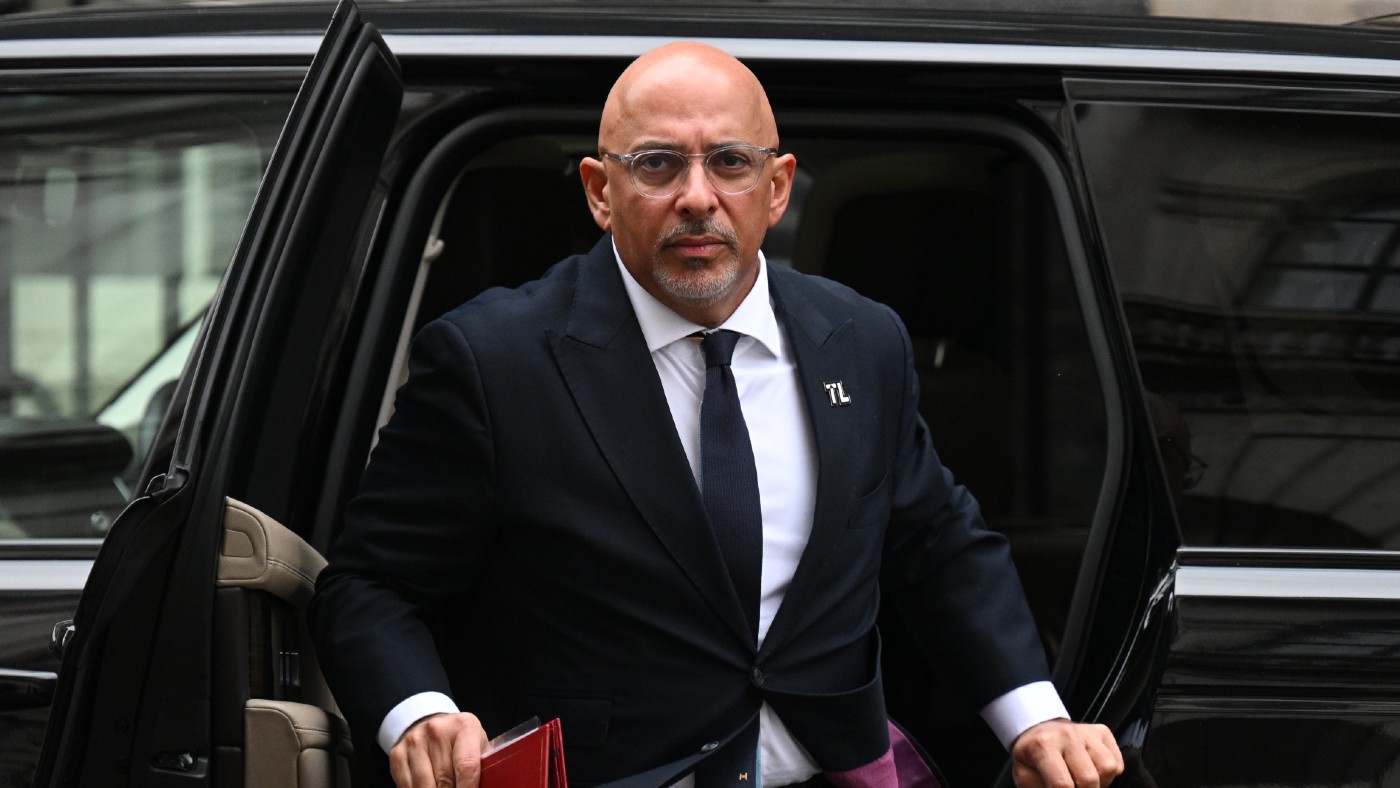 Are UK classrooms a new political battleground?
Are UK classrooms a new political battleground?Speed Read Government has issued new guidance on political neutrality in schools
-
 Kathleen Stock resigns: the ‘hounding’ of an academic on the front line of transgender rights debate
Kathleen Stock resigns: the ‘hounding’ of an academic on the front line of transgender rights debateSpeed Read Sussex University students claim ‘trans and non-binary students are safer and happier for it’
-
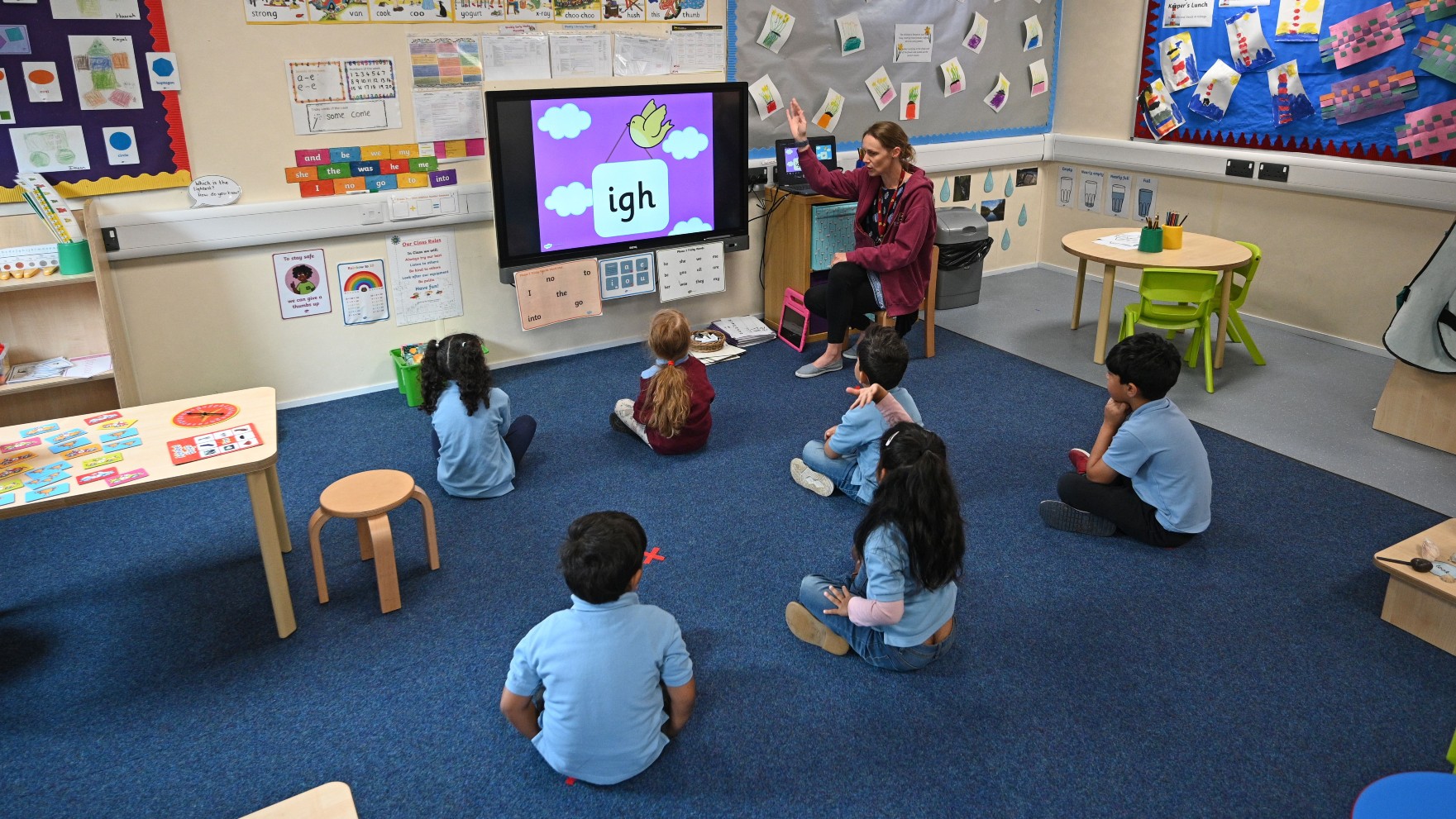 How 100,000 ‘lost children’ disappeared from UK school system
How 100,000 ‘lost children’ disappeared from UK school systemSpeed Read Experts warn that vulnerable pupils may be recruited by gangs after failing to return to education post-lockdown
-
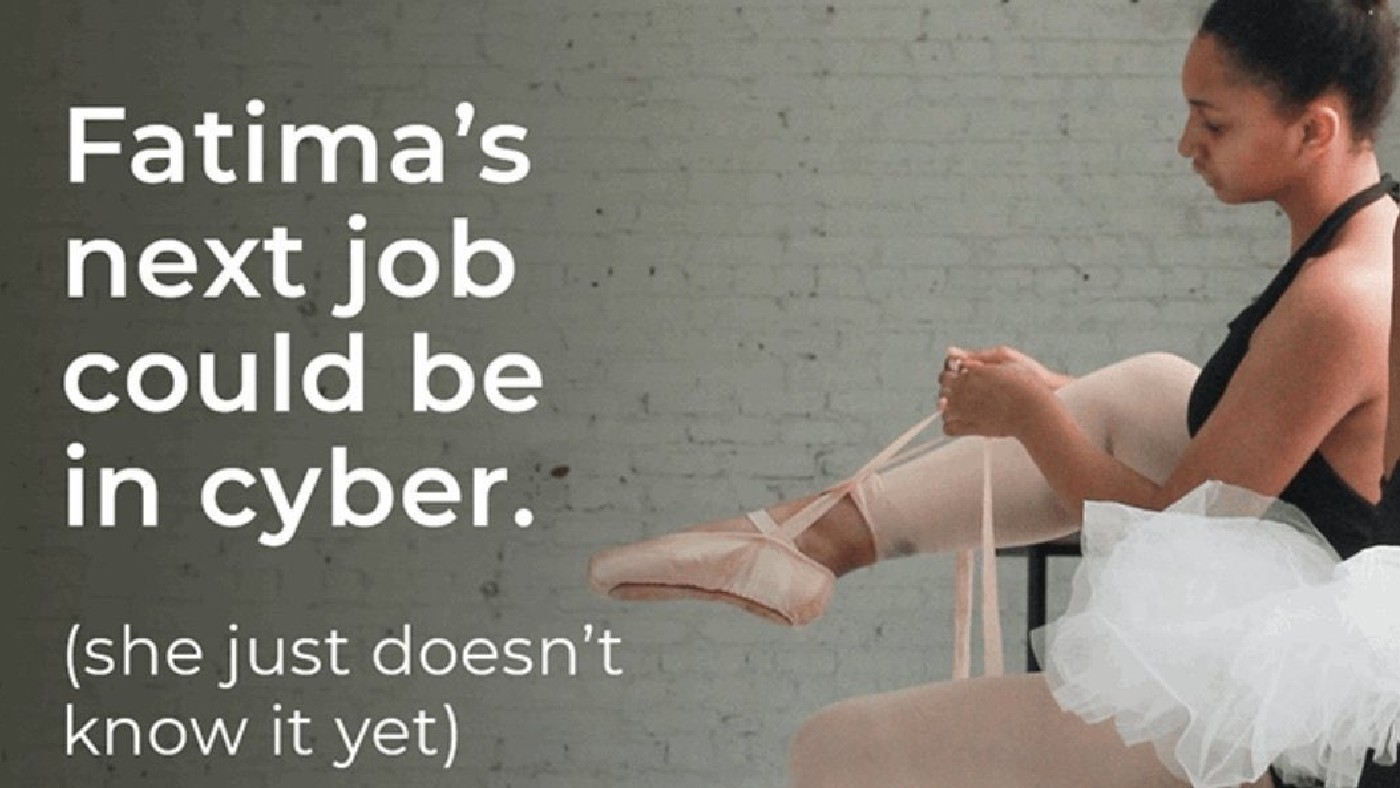 Why is the government planning to cut arts education funding by 50%?
Why is the government planning to cut arts education funding by 50%?Speed Read Proposal described by critics as ‘catastrophic’ and ‘an attack on the future of UK arts’
-
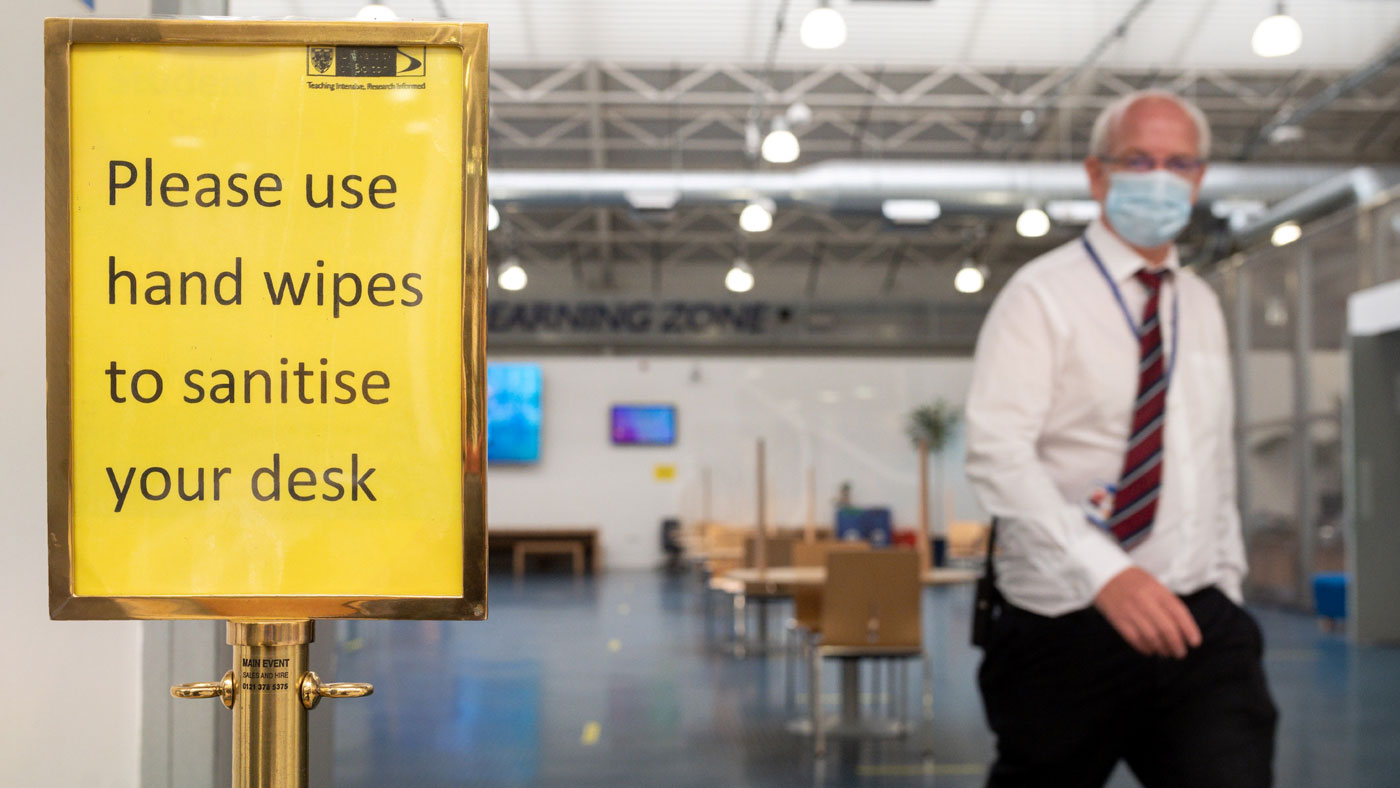 Schools do not spread Covid-19, multiple studies find
Schools do not spread Covid-19, multiple studies findSpeed Read Reports from Germany, Norway and the WHO conclude schoolchildren are not vector of infection
-
 Universities must consider refunding students hit by Covid disruption, regulator warns
Universities must consider refunding students hit by Covid disruption, regulator warnsSpeed Read Institutions under investigation as thousands of undergraduates remain locked down amid coronavirus outbreaks
-
 Coronavirus: will UK schools have to close again?
Coronavirus: will UK schools have to close again?Speed Read Thousands of teachers are self-isolating - but the government is determined not to order new closures